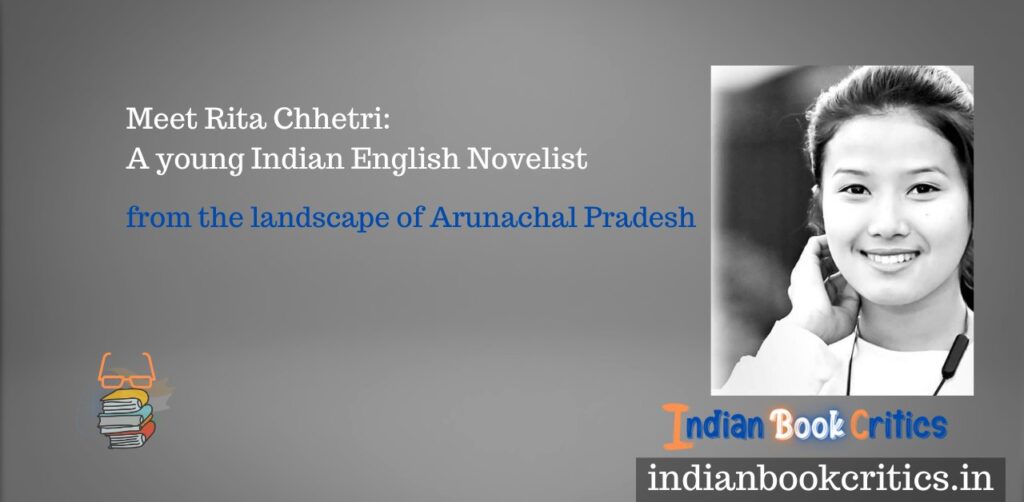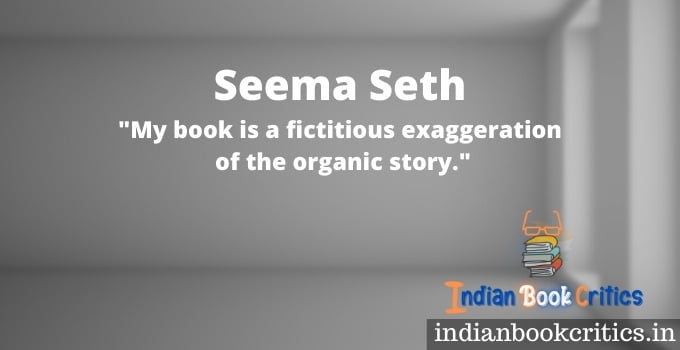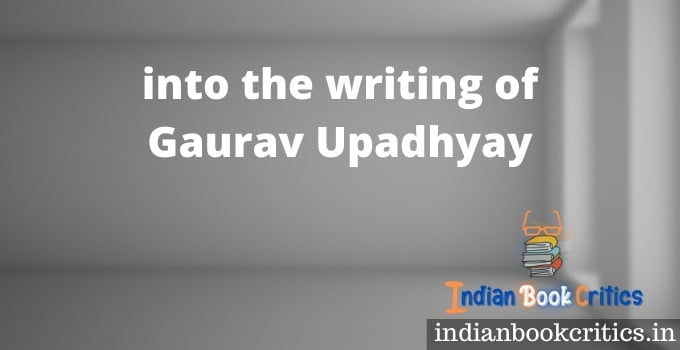Chetan Bhagat, the indisputable maestro of the Indian literary scene, continues to enchant readers with his unparalleled contributions to the world of literature. In his latest literary endeavours, Bhagat once again showcases his unmatched ability to weave tales that leave readers questioning the very fabric of storytelling – or, perhaps, the lack thereof.
Renowned for his groundbreaking works such as “One Night @ the Call Center” and “The 3 Mistakes of My Life,” Mr. Bhagat has undoubtedly set the bar high for literary excellence. The intricacies of his storytelling in “Revolution 2020” have left literary critics pondering whether they are witnessing a renaissance in literature or merely witnessing the recycling of age-old plotlines – a dilemma that adds an element of suspense to the reading experience.
The saga continues with “2 States,” a novel so innovative that it effortlessly captures the complexities of inter-community marriages in India, all within the backdrop of a quintessentially Bollywood love story. One cannot help but marvel at Bhagat’s ability to seamlessly blend cultural commentary with a narrative that could easily be mistaken for a Bollywood script. Truly, a feat that deserves a standing ovation.
But the literary brilliance doesn’t stop there. In “What Young India Wants,” Chetan Bhagat emerges as a courageous voice tackling the most pressing issues of our time. From elucidating the enigmatic process of crafting a bestseller without exerting much effort to masterfully articulating the art of making millions through the ingenious recycling of the same old story, Bhagat’s insights are nothing short of revolutionary.
The crown jewel in Bhagat’s repertoire is, undoubtedly, “One Indian Girl.” A masterpiece that dares to explore the multifaceted struggles of a modern Indian woman through the discerning eyes of a middle-aged man. Bhagat’s unparalleled ability to sensitively portray the female experience has solidified his status as a beacon of feminism – a true trailblazer challenging societal norms with every word penned. In “One Indian Girl,” Bhagat introduces us to Radhika Mehta, a successful investment banker who is also a woman. Yes, you heard that right, folks. In the 21st century, Bhagat has managed to create a female character who is not only financially independent but also possesses a vagina! What a revolutionary concept! Throughout the novel, Bhagat attempts to tackle the complexities of being a modern Indian woman in a patriarchal society. But instead of providing any meaningful insights, he reduces feminism to a mere plot device, using it to create a superficial narrative that is as shallow as a puddle on a hot summer day. The erotic scenes in the book are so poorly written that they could make even a seasoned porn connoisseur cringe. It’s like Bhagat learned everything he knows about female pleasure from a 1990s Bollywood movie. One can only hope that the readers of this literary gem have a good sense of humour and a high tolerance for cringe-worthy content.
In concluding our reflection on the literary luminary that is Chetan Bhagat, we offer a heartfelt salute. His knack for producing works that elicit laughter not for their humour but for their audacious demand to be taken seriously is truly commendable. Mr. Bhagat, the world eagerly anticipates more literary brilliance from your pen, for, as your flourishing bank account attests, the world hungers for the unique charm that only you can provide to the literary landscape.
By Amit for Indian Book Critics





2 Comments. Leave new
why don’t you write one, your writing style is intriguing , I wouldn’t mind reading if it’s in same length as that of critic.🤔
Mr Bhagat, comment with your real name.
😉